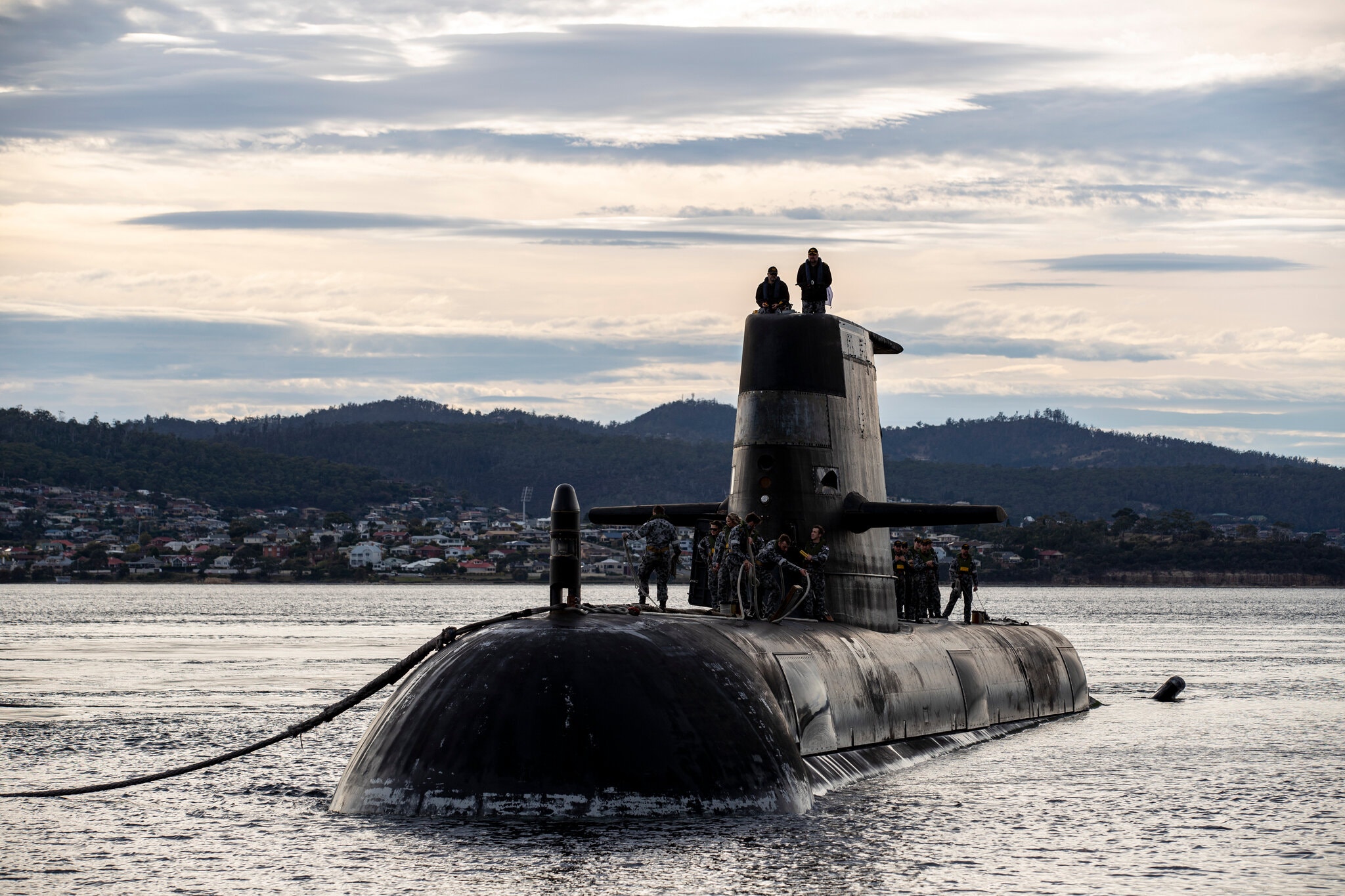China is growing in strength and becoming a military powerhouse. India, Vietnam, and Singapore are all increasing their military expenditures. Japan is moving toward adopting a similar approach. Now, with the support of the United States and the United Kingdom, Australia has pushed the military competition with Beijing in Asia into a new and dangerous phase.
Their agreement last week to provide Australia with stealthy, long-range nuclear-powered submarines that will be better equipped to compete with the Chinese navy may have the effect of accelerating an Asian weapons buildup even before the submarines are ever put into operation.
As a result, China may accelerate its military upgrading efforts, particularly in areas like as technology that can stymie submarines. In addition, by reaffirming the Biden administration’s resolve to challenge Chinese dominance in Asia, the new arms purchase may encourage other major military spenders, such as India and Vietnam, to accelerate their own weapons programmes.
Countries attempting to maintain a middle ground, such as Indonesia, Malaysia, and others, confront a possibly more volatile area as well as increasing pressure, such as that experienced by Australia, to pick sides between Washington and Beijing, as Australia did.
It will be at least a decade before the submarines are put into service. However, the geopolitical repercussions of their declaration have been immediate, allowing Beijing enough time to mobilise opposition among Asian neighbours and plan military counter-moves in response.
Other Asian countries have expressed trepidation or concern about provoking China via their statements or inaction. According to Ben Bland, head of the Southeast Asia programme at the Lowy Institute in Sydney, many leaders in Southeast Asia want the United States to continue to be a security staple in their region.
Even before the agreement was reached, several countries had begun to deploy additional ships, submarines, and missiles, at least in part as a result of concerns over China’s fast military development and disputed territorial claims. According to the International Institute for Strategic Studies, China contributes for 42 percent of all military expenditures in Asia overall.

